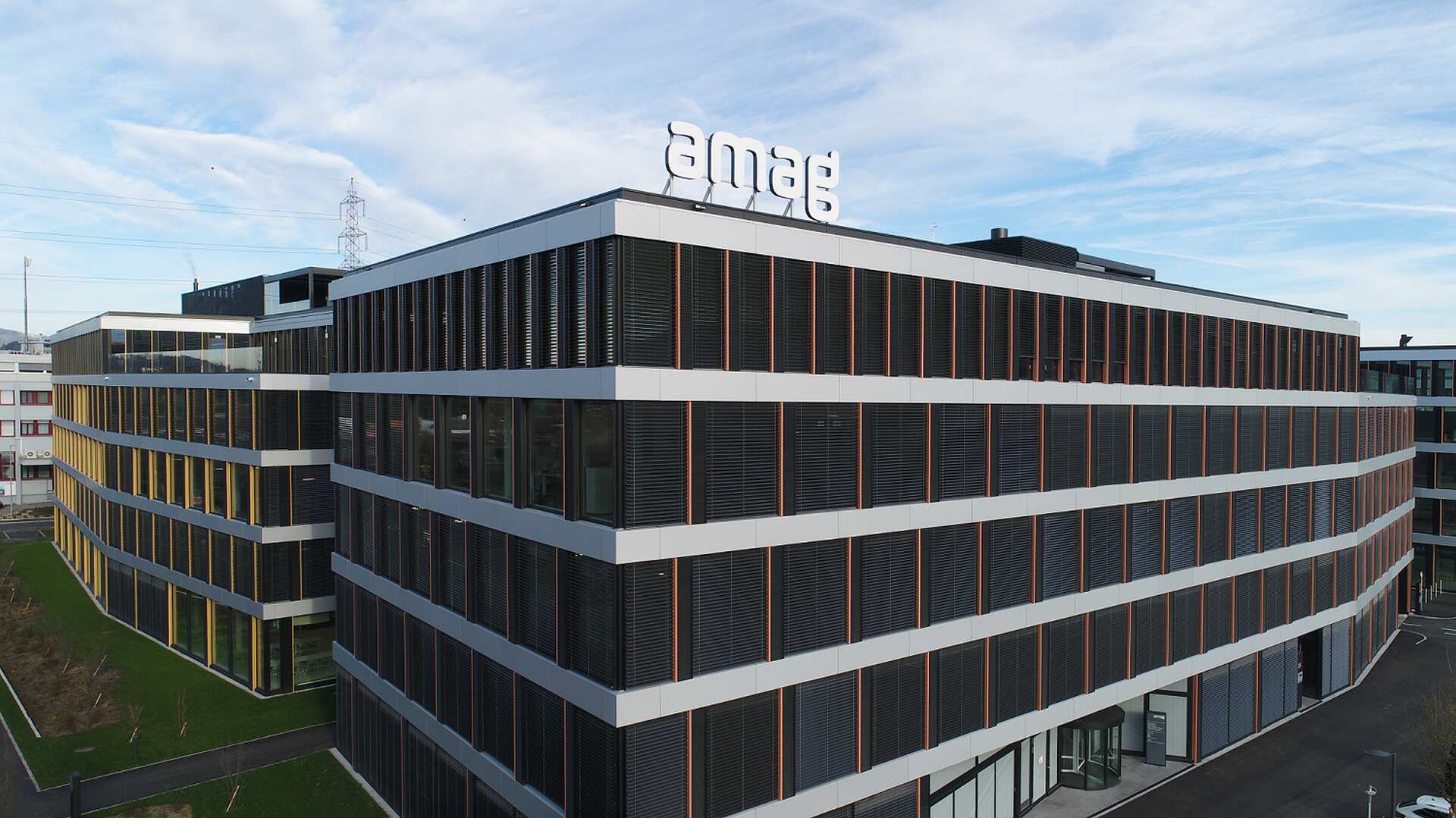
AMAG: Creating its own future in a disrupted automotive industry
AMAG is Switzerland’s premier automotive retail and service company, holding exclusive rights to import Volkswagen Group car brands such as Audi, Volkswagen, Skoda, Cupra and Seat. In 2022 AMAG had 7,300 employees and a revenue of CHF 4.4 billion. The electrification of the automotive industry and the introduction of the agency model by the Volkswagen Group are major challenges for the traditional Swiss company. The case describes AMAG’s traditional business model, including recent changes, its vision and ambitions. Follow Frank Boemerle, the head of strategy at AMAG retail, as he develops new business models and captures insights about the company’s transformation journey. New business models like Mobility as a Service (MaaS) and Retail as a Service (RaaS) are elaborated and described. Existing and future profit pools are analyzed, and new business opportunities and threats are discussed. The EV transformation and digitalization require up to 50% fewer employees in the after-sales service business, and the impending agency model questions the current infrastructure and capital employed. Therefore, AMAG is searching for new mid-term revenue streams and new employment for the workforce. Change management and up-skilling of the employees are additional challenges after the changes in the financial transactions of future business models on a subscription base. Shall AMAG invest in renewable energy to offer electrification packages to customers next to EVs? Shall AMAG expand to Italy and France? Shall AMAG expand the EV portfolio with new brands from China and potentially risk its exclusivity with Volkswagen? Support Frank in the analysis and make your conclusions on how AMAG can stay in business in Switzerland beyond 2030, given that the electrification of mobility and the new agency model disrupt the main revenue streams of AMAG’s current business model.
- Identify the main challenges along the HTDQ (Hero-Treasure-Dragon-Quest) framework.
- Visualize the current and future value constellation of the automotive retail market.
- Estimate the current and future profit pool.
- Develop a future business model for AMAG using the Business Model Canvas.
- Discuss interorganizational alignment in strategy execution using McKinsey’s 7s model.
AMAG Group, Automotive
2023-2030
Cranfield University
Wharley End Beds MK43 0JR, UK
Tel +44 (0)1234 750903
Email [email protected]
Harvard Business School Publishing
60 Harvard Way, Boston MA 02163, USA
Tel (800) 545-7685 Tel (617)-783-7600
Fax (617) 783-7666
Email [email protected]
NUCB Business School
1-3-1 Nishiki Naka
Nagoya Aichi, Japan 460-0003
Tel +81 52 20 38 111
Email [email protected]
IMD retains all proprietary interests in its case studies and notes. Without prior written permission, IMD cases and notes may not be reproduced, used, translated, included in books or other publications, distributed in any form or by any means, stored in a database or in other retrieval systems. For additional copyright information related to case studies, please contact Case Services.
Research Information & Knowledge Hub for additional information on IMD publications

Chinese EV leaders show how the Outpacing strategy uses fast evolutionary cycles to shift direction early and gain an edge over slower moving rivals.

But clinical psychologist Ingrid Clayton identifies a fourth survival strategy lurking in your neural circuitry that most leadership training misses – and it might be sabotaging your effectiveness.

Gloat’s Jeff Schwartz and Mike Worthington reveal how AI and skills-powered strategies are transforming talent management and workforce strategy.
Academic institutions face unprecedented complexity from technological change, evolving funding models, diverse stakeholder demands and pressure to demonstrate societal impact. Traditional strategic planning – periodic exercises that typically yie...

Former Novo Nordisk CSO Marcus Schindler on R&D leadership, pharma innovation, scientific discovery, AI, global talent, DEI, biotech, drug development strategy.

Amy Bonsall and Alyson Meister show how to turn problems into opportunities through reframing your response to perceived threats.

Discover the new I by IMD Best Practice book series: four essential guides on leadership, strategy, governance, and sustainable transformation. Actionable insights from world-class faculty.

Gaming has become one of the world’s most powerful consumer ecosystems. Stefan Michel explores why every company now needs a strategy for play to stay competitive.

Explore the accelerating energy transition as IMD hosts RWE’s Kunal Chandra to discuss clean energy investment, bottlenecks, and strategic choices for leaders.

Vinted founder Milda Mitkute shares how she turned a wardrobe cleanout into Lithuania’s first tech unicorn and why responsible growth matters.
Research Information & Knowledge Hub for additional information on IMD publications
in I by IMD
Research Information & Knowledge Hub for additional information on IMD publications
in I by IMD
Research Information & Knowledge Hub for additional information on IMD publications
Research Information & Knowledge Hub for additional information on IMD publications
Research Information & Knowledge Hub for additional information on IMD publications
Research Information & Knowledge Hub for additional information on IMD publications
in I by IMD
Research Information & Knowledge Hub for additional information on IMD publications
Research Information & Knowledge Hub for additional information on IMD publications
in I by IMD
Research Information & Knowledge Hub for additional information on IMD publications
in I by IMD
Research Information & Knowledge Hub for additional information on IMD publications

